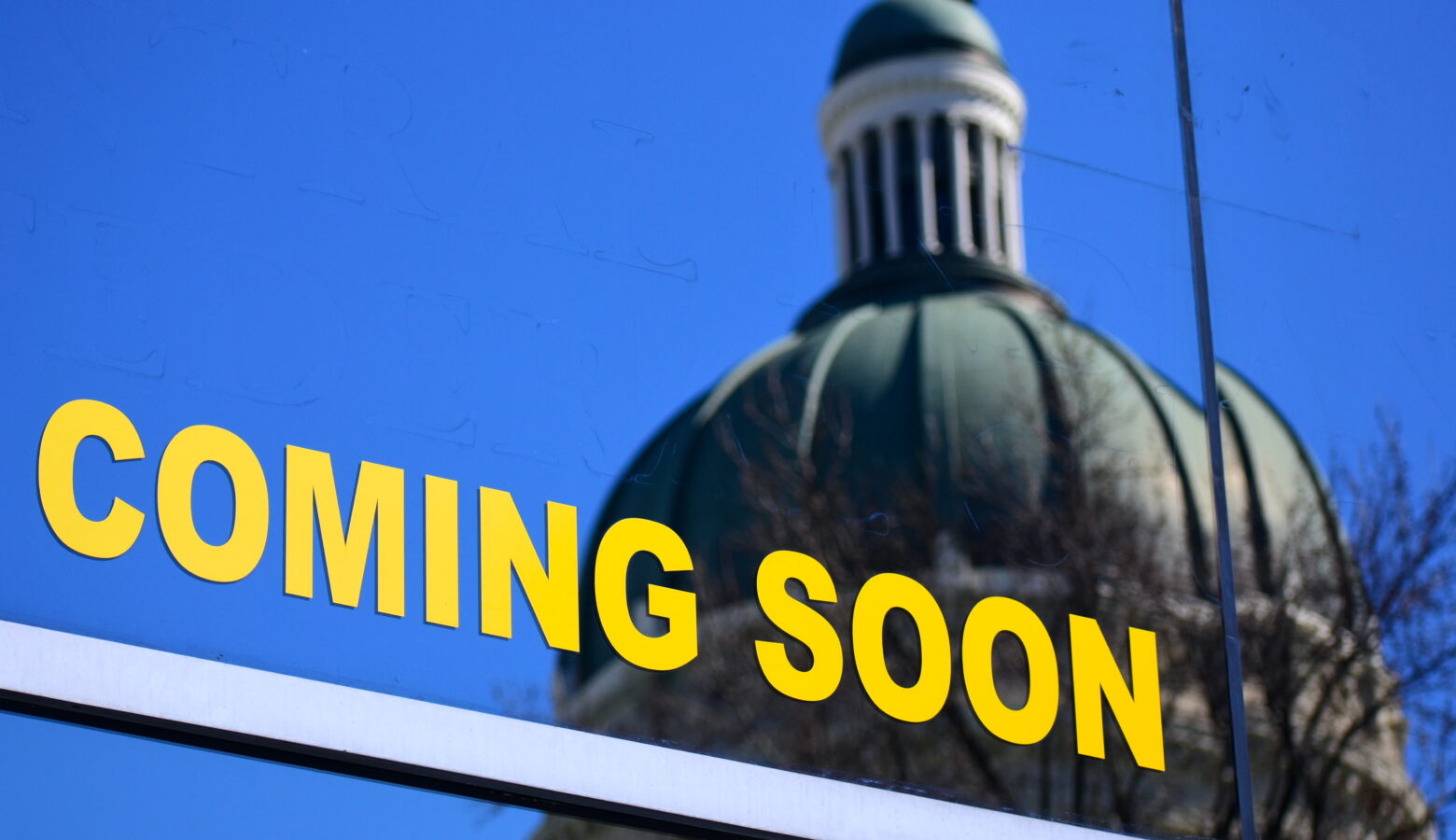Indiana to receive $506 million from drug manufacturers over opioid epidemic

Indiana is set to receive $506 million over the next two decades from a settlement with opioid manufacturers.
The settlement amount had been in flux for months. That’s because many of those local governments initially opted not to join in the state’s agreement, instead forging ahead with their own lawsuits over the opioid epidemic. That meant less money coming to the state.
But Cory Voight from the Indiana Attorney General’s office said a new state law, HEA 1193, evenly splits the money from the drug companies between the state and local governments. And that has every local unit signing on to the settlement – ensuring Indiana will get as much money as possible.
“That money – 70 percent of it must go to education, prevention, treatment programs,” Voight said.
Join the conversation and sign up for the Indiana Two-Way. Text “Indiana” to 73224. Your comments and questions in response to our weekly text help us find the answers you need on statewide issues.
Indiana drug czar Doug Huntsinger said the state’s focus will include building out the treatment and recovery infrastructure and, importantly, its workforce.
“Because we can’t expand programs without people,” Huntsinger said.
Huntsinger added that some of the state money will go towards matching fund programs with local governments, helping expand existing efforts at the local level.
The money should start to arrive this fall. Voight said the settlement amount is “front-loaded,” meaning Indiana will receive larger sums in the next three to five years, with smaller amounts then disbursed every July over the rest of the next 18 years.
Contact reporter Brandon at bsmith@ipbs.org or follow him on Twitter at @brandonjsmith5.
